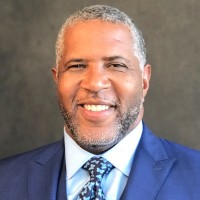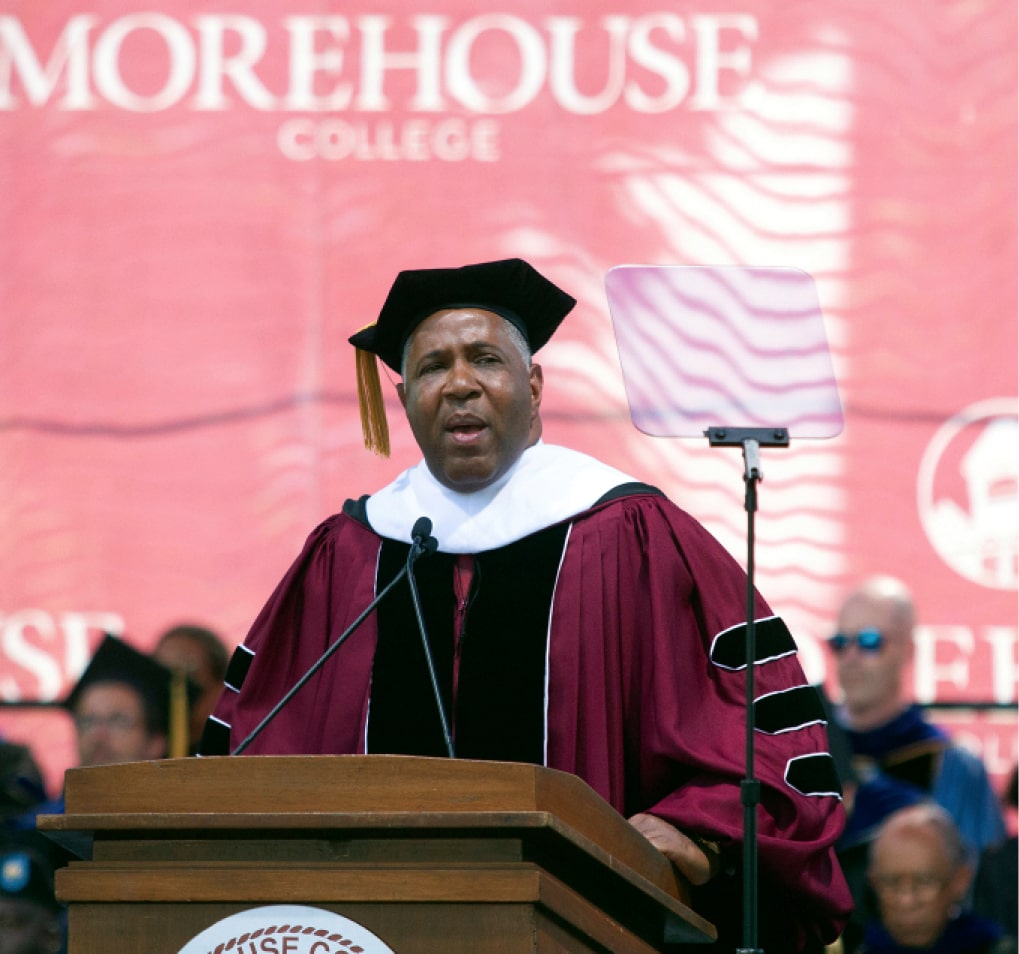- Diversity in STEM is the inclusion of people from various demographics within the field.
- The lack of diversity in STEM fields emerges from a complex cycle of factors, including historical inequities, socioeconomic factors and biases.
- There are many ways we can increase diversity in STEM, including creating inclusive learning environments and addressing unconscious bias.
Table of Contents
Innovations stemming from the science, technology, engineering and mathematics (STEM) fields have positively transformed societies throughout the world. Amid our awe, we often forget that behind each innovation lies the hard work and creativity of scientists and engineers. The success of a society’s scientific explorations and its ability to improve the lives of others depends on the STEM professionals involved.
However, the current lack of diversity in STEM fields holds us back from fully discovering all we can in the STEM fields and moving our society forward. Below, we explore what diversity in STEM is, some diversity in STEM statistics and why diversity in STEM is important. In addition, we discuss why there is a lack of diversity in STEM and ways we can reverse that trend.
What is Diversity in STEM?
Diversity in STEM is the inclusion of people from different backgrounds within the field. These demographics include people of different races, ethnicities, genders, sexual identities, socioeconomic statuses and abilities. Through a wealth of unique perspectives, backgrounds and experiences, a diverse workforce fosters innovation. Boosting diversity in STEM can strengthen the field and create opportunities for discoveries that benefit society.
Diversity in STEM Statistics
A report released by the National Center for Science and Engineering Statistics (NCSES) in 2023 shows that the STEM workforce has become more diverse in recent years. Specifically, there has been an increase in the representation of women and people from underrepresented racial groups between 2011 and 2021. It is important to note that while progress has been made, many groups are still largely underrepresented in STEM fields. Below are a few highlights:
- Women make up half of the U.S. population and about a third of the STEM workforce, which is only a three percentage point increase from 2011.
- Latinos represent 15% of the STEM workforce, up only four percentage points from 2011.
- From 2011, Asian American representation increased by three percentage points to 10% in 2021.
- Black American representation in STEM increased by only two percentage points to 9% in 2021.
- Together, Indigenous Americans and Alaska Natives account for less than 1% of the U.S. population and professionals in STEM fields.
- From 2011 to 2021, the number of STEM professionals with a disability remained the same at 3%.
Why Is Diversity in STEM Important?
Diversity in STEM is important since it facilitates opportunities on an individual and societal level. STEM occupations are among the best-paying roles in the workforce. As a result, STEM professionals can earn a wage that provides financial stability and contributes to generational wealth. However, the diversity gap in STEM prevents those from underrepresented groups from participating, which perpetuates existing wealth inequities. Beyond being the ethical thing to do, it is important to ensure everyone has equal access to opportunities.
In addition, diversity in STEM is essential for innovation, long-term economic growth and global competitiveness. The more diverse a team is, the more likely they will provide and consider different perspectives and experiences. Leveraging the experiences of people from different backgrounds can help push scientific boundaries and unlock new possibilities for the U.S. and our world.


Get Industry leading insights from Robert F. Smith directly in your LinkedIn feed.
Get Industry leading insights from Robert F. Smith directly in your LinkedIn feed.
Why Is There a Lack of Diversity in STEM?
Diversity in STEM fields is lagging because of a complex cycle of historical inequities, socio-economic factors, stereotypes and biases.
- Historical inequities: Throughout history, many professional fields, including STEM, have been dominated by white men. Many of the social structures and processes that were developed by these men are still used today. While society has made progress, many of the structures that were previously created continue to perpetuate systemic racism and biases.
- Socioeconomic factors: The type of education and resources have a strong impact on a student’s future career. Students from underserved communities typically have inequitable access to certain educational opportunities. This can mean less access to high-level science and math courses and lower levels of state spending on instructors and school materials. Ultimately, these constraints greatly impede underserved students from participating in STEM fields later in life.
- Cultural stereotypes and bias: Stereotypes and biases permeate nearly every facet of the workforce, including STEM fields. Preconceived notions about who can and cannot succeed in STEM may discourage people from underrepresented communities from pursuing careers in these fields. Conscious and unconscious bias also plays a big role in recruitment, hiring and promotion processes. For example, a hiring manager could have an unconscious bias about a potential employee’s ability to succeed based on their race or gender. This bias may cause them to pass over the candidate for someone more similar to them.
How Can We Boost Diversity in STEM?
Create Supportive and Inclusive Learning Environments
Creating equitable STEM education opportunities for all students is crucial for boosting diversity. This requires fair funding from government entities and the implementation of STEM education programs at schools or in communities. Additionally, schools and post-secondary education institutions need to make a concerted effort to create supportive and inclusive STEM learning environments. This can be done by applying policies and practices that make all students feel safe and welcome.
Address Unconscious Bias
Promote Industry Partnerships and Diversity Initiatives
To boost diversity in STEM, companies, schools and professionals can host and promote industry-related partnerships and diversity initiatives. Not only do partnerships and initiatives help raise awareness about the need for diversity in STEM, but they also offer opportunities for sharing resources, networking and developing relationships that can lead to mentorships.
Follow Robert F. Smith on LinkedIn to learn more about diversity in STEM and other STEM topics.







